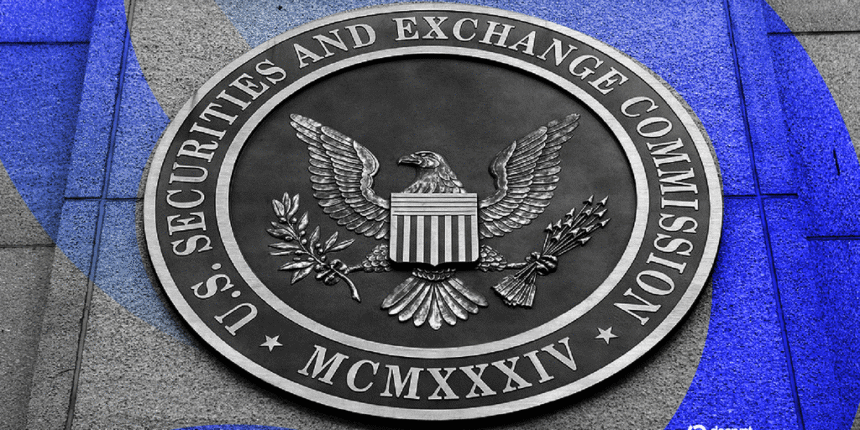The Securities and Exchange Commission (SEC) has set a new deadline of November 12 for its consideration of Grayscale’s Hedera Trust, following a recently filed update regarding its Bitcoin Cash and Litecoin trusts. This move comes as the SEC has taken additional time to review numerous pending cryptocurrency exchange-traded fund (ETF) applications, a category that now includes proposals related to Solana and XRP.
The SEC’s delay pertains to Nasdaq’s application for the Grayscale Hedera Trust listing, coinciding with Grayscale’s submission of registration statements for its Bitcoin Cash Trust and Litecoin Trust. Both of these funds are expected to be listed on NYSE Arca and are being managed in connection with established regulatory frameworks, with the Bank of New York Mellon acting as the administrator and Coinbase serving as custodian and prime broker.
In a separate but related action, Grayscale has also filed a Form S-1 for the Hedera Trust, signifying its initial registration with the SEC. This new product is anticipated to be traded under the ticker symbol HBAR, contingent upon Nasdaq’s ongoing request for a rule change that would allow for its listing.
According to U.S. securities regulations, the SEC typically has 180 days to deliberate on proposed changes to exchange rules but can extend this period by an additional 60 days for further assessment of comments or amendments. The current delay is emblematic of a broader trend within the agency. Earlier in August, the SEC had exercised its final procedural extension for pending Solana ETF applications, delaying the deadline until October 16 to allow more time for consideration of various proposals.
As of late August, over 90 crypto ETF applications were awaiting action from the SEC, encompassing a range of products associated with Bitcoin, Ethereum, Solana, XRP, and other digital assets. Most of these applications are clustered around deadlines set for the fall, which raises the possibility of a series of decisions from the SEC in rapid succession, particularly as the Commission considers extending its approvals to assets beyond Bitcoin and Ethereum—two cryptocurrencies that received approval last year.
Experts in the field, such as Lionel Iruk, managing partner at Empire Legal, have noted that assets with impending ETF decisions often enjoy premium prices in the market. The introduction of an ETF wrapper not only enhances liquidity for digital assets but also aligns them with the compliance, custody, and transparency standards that traditional investors seek before making investment choices. Such structures significantly broaden the appeal of cryptocurrency offerings, transitioning them from speculative vehicles to regulated products that can meet the standards expected by institutional investors.






